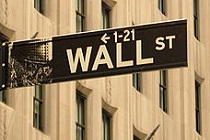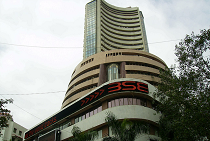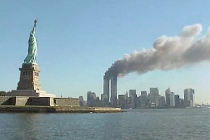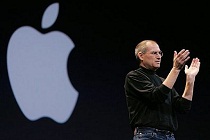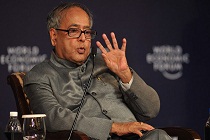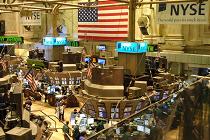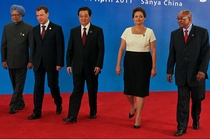The shadow of LIBORgate
As the revelations pile up after the LIBOR rigging incident, it seems Europe and Britain are more committed to enforcement action than America. Real conservatives believe fully in market capitalism, that prices must come from uncorrupted market signals. Could this start a sea-change for enforcement globally?

